Returning the Missing Victims to Their Families… Resolving Grievances
– Identifying Jeju 4‧3 Victims…
Read MoreThis chapter covers three of the main themes in international coverage and scholarship on the massacre in recent years: US responsibility (section one); truth and reconciliation (section two); and official apology (section three). The first work by George Katsiaficas is a work of scholarship, “Asia’s Unknown Uprisings Volume 1: South Korean Social Movements in the 20th Century,” which includes a chapter focusing on the Jeju Uprising and Massacre. Katsiaficas helps to place the events within the context of wider grassroots mobilization against authoritarianism and US involvement across the region. Then, in a piece for Foreign Policy in Focus, George Fattig again emphasizes the US role and makes the pragmatic case for an official apology from the White House. Finally, on US responsibility, Tim Shorrock again raises question marks about similarities between US conduct in Gwangju 5.18 and Jeju 4·3 in a presentation given at the 2018 Jeju Forum for Peace and Prosperity.
Looking further into the truth and reconciliation process, a key excerpt from “The Massacres at Mt. Halla” by Hun Joon Kim is included. Kim’s seminal work published by Cornell University Press provides an extensive analysis of the truth and reconciliation process with attention on the role of local activists in finally breaking through the wall of silence. This is followed by an opinion piece by Michael Breen in The Korea Times, which calls for Koreans to build on the shared values of democracy and rights enshrined in the process of transitional justice. Complementing this is an interview in The Jeju Weekly newspaper with Lee Mungyo, former chairman of the Jeju 4·3 Peace Foundation. Lee says that Jeju can serve as a model for peace movements around the world even while the full truth of the massacre remains unknown.
The chapter closes with a letter of condolence from Pope Francis and two of the most important materials produced in English on the massacre — the official apologies from President Roh Moo-hyun in 2003 and President Moon Jae-in in 2018. The late President Roh’s statement was on Jeju Oct. 31, 2003, following the government’s acceptance of the official investigation report and it was the first presidential apology for the state’s role in the massacre. Although first given in 2003 in Korean, a translation was also included in the English version of the “Jeju 4·3 Incident Investigation Report” published in 2013. This is followed by the 2018 remarks by President Moon Jae-in given at the memorial service to mark the 70th anniversary of the massacre. President Moon outlines in more detail the state’s responsibility and calls for political moderation on all sides to ensure lasting peace and reconciliation.
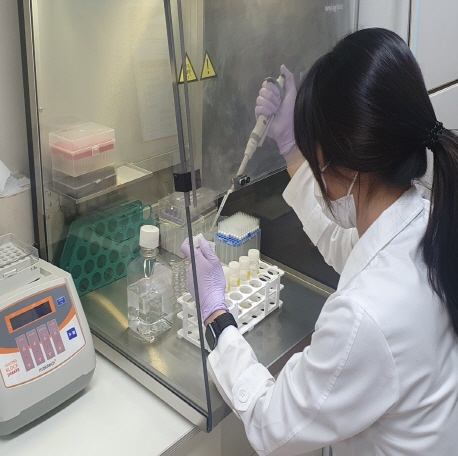
– Identifying Jeju 4‧3 Victims…
Read More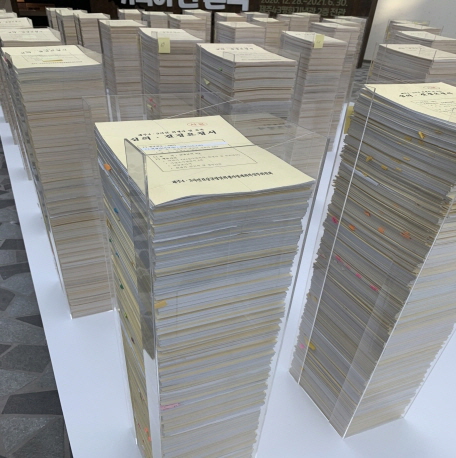
Ban Yeong-gwan, Head of Research and Investigation Team Why Should Jeju 4·3 Gain Global…
Read More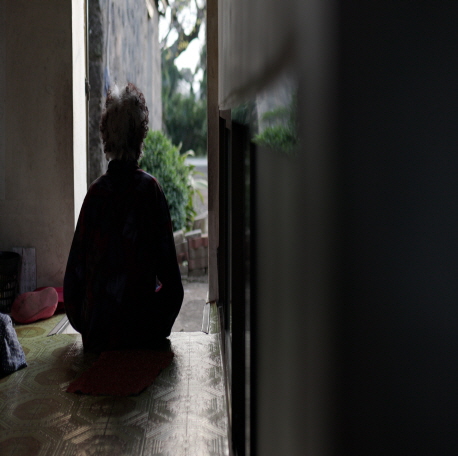
Written by Kim Hyeong-hoon, Editorial Committee Member The history we know is merely a…
Read More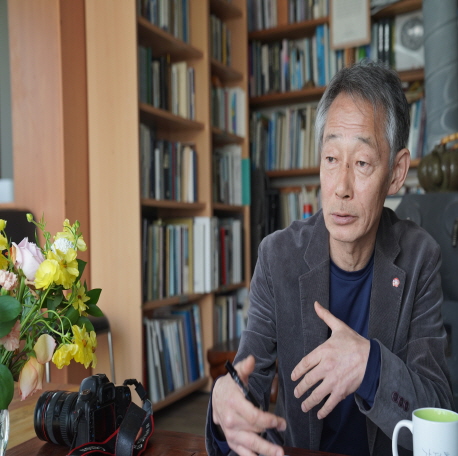
Photographer Kang Jeong-hyo Interview and Compilation by Jang Yoon-sik, Memorial Project Team Leader Documenting…
Read More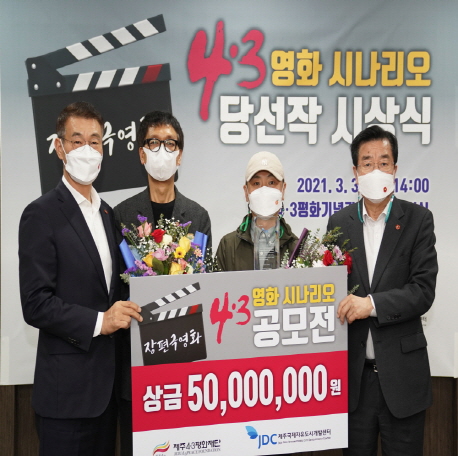
A Jeju 4‧3 Feature Film 《My Name Is》 Kim Hye-joon (CEO, 《My Name Is》 Cultural…
Read More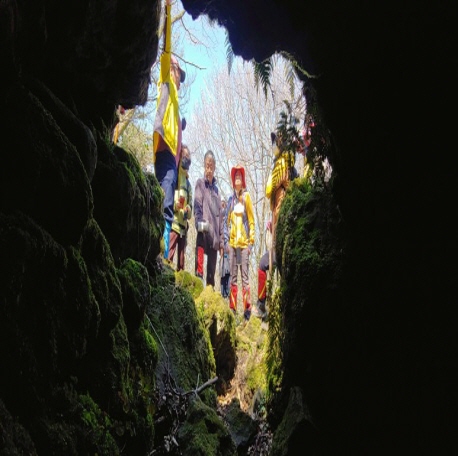
The investigation team named “Majungmul for National Unification through Jeju 4‧3” embarked on a journey…
Read More
Testimony of Jeju 4‧3 Lee Han-jin, a bereaved family member of Jeju 4‧3 victim Can…
Read More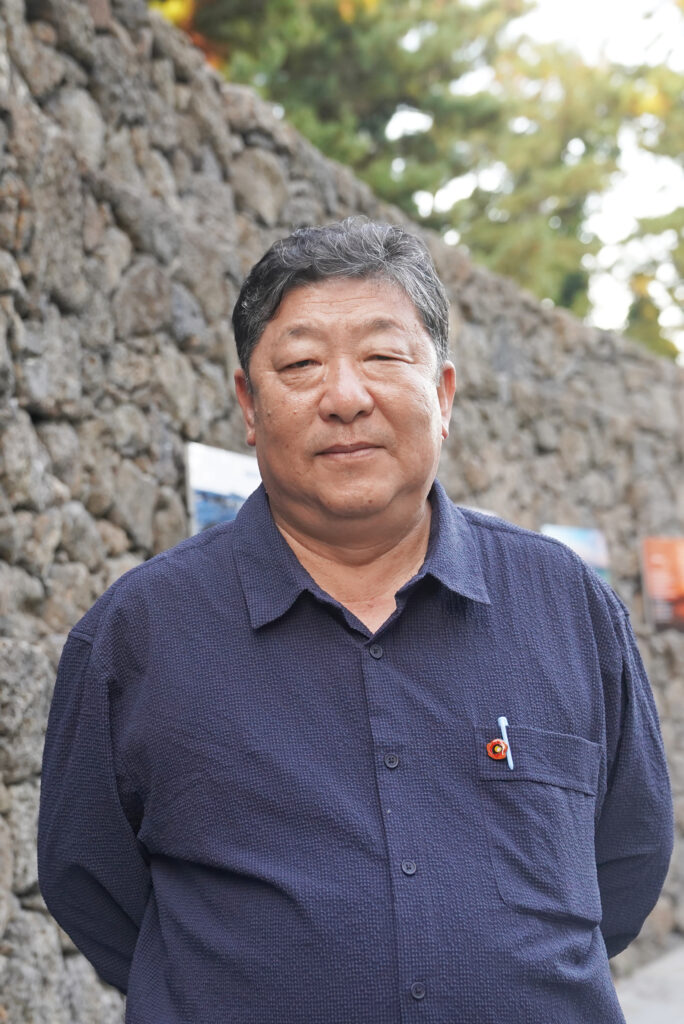
Resolution of Jeju 4‧3 is a valuable achievement that Jeju islanders have made together Poet…
Read More
Toward the state-led Jeju 4‧3 Trauma Center: An approach to enable social healing of wounds…
Read More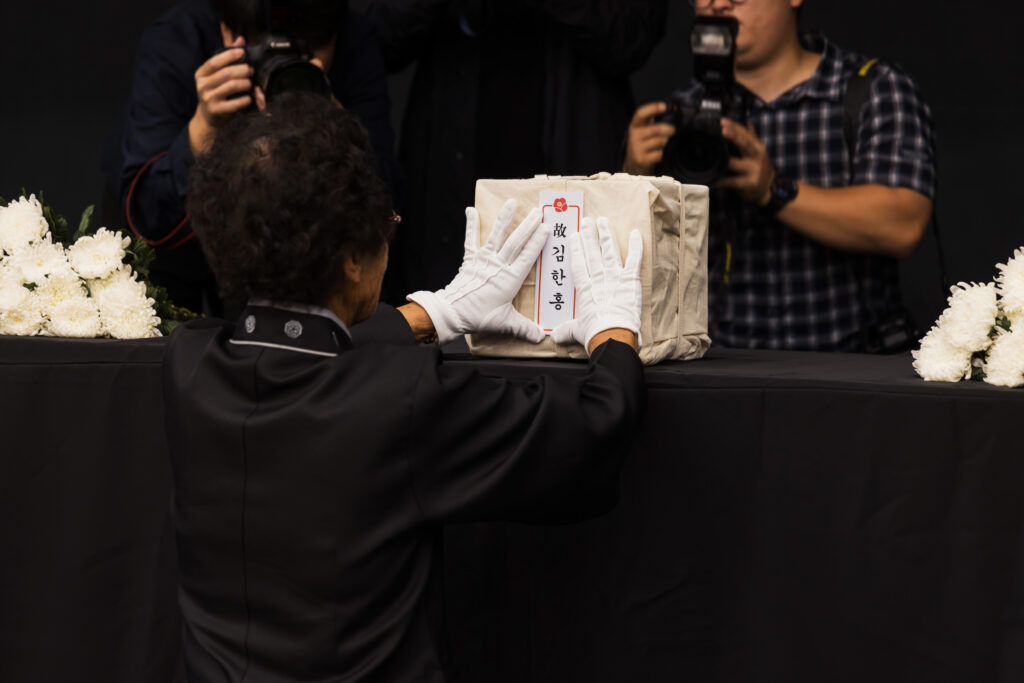
First identification of a Jeju 4·3 victim who went missing outside Jeju Ko Eunkyung, Research…
Read More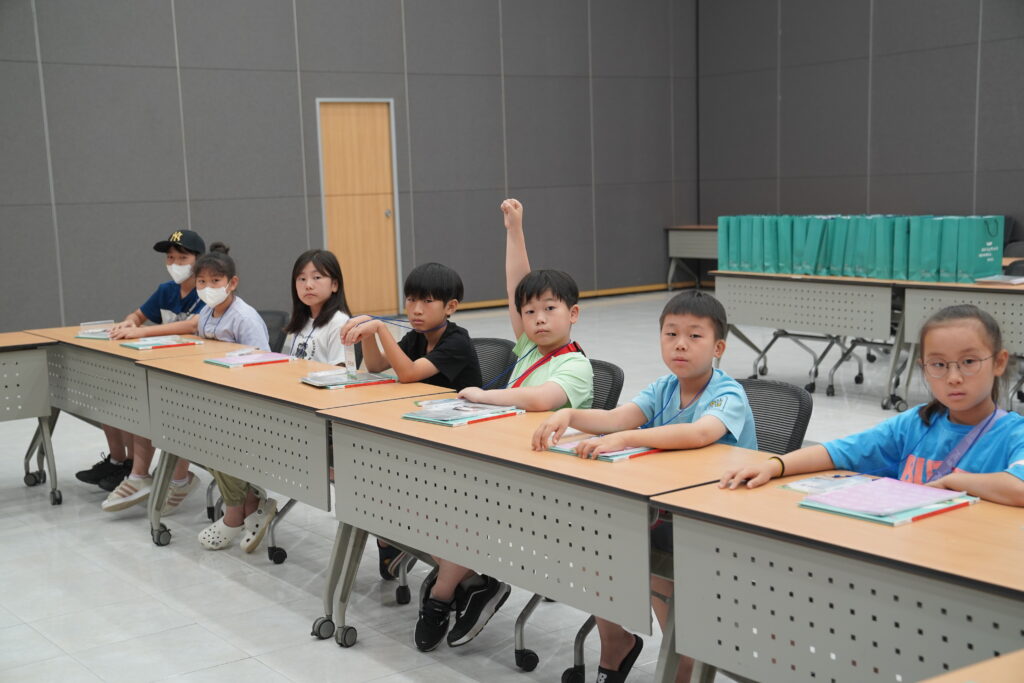
First reading class offered at Jeju 4‧3 Children’s Experience Center The Jeju 4·3 Peace Foundation…
Read More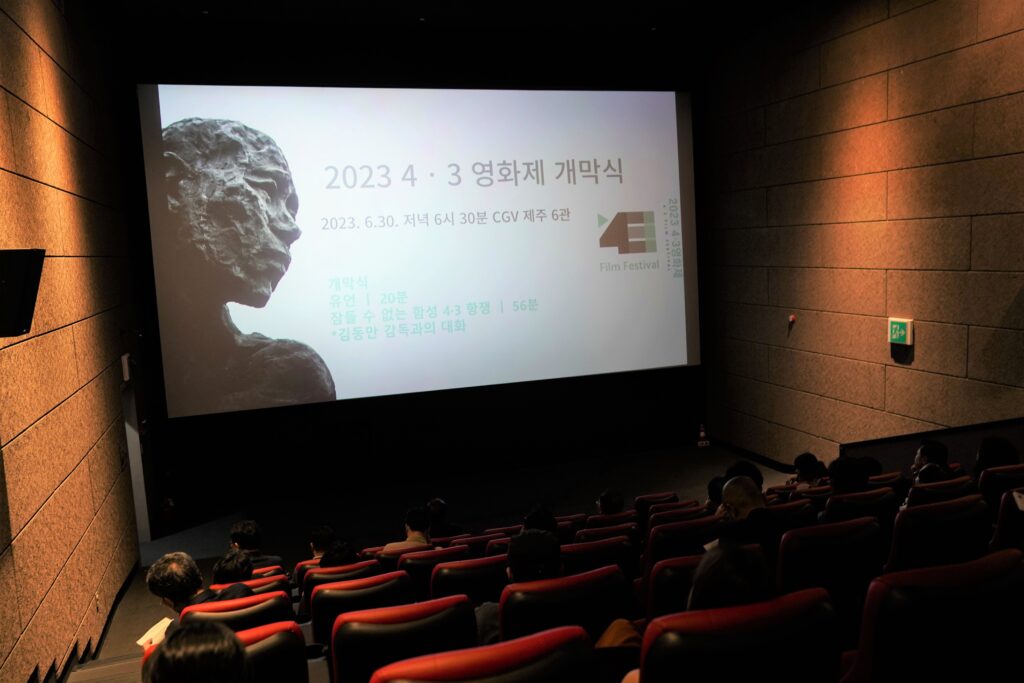
The 1st 4‧3 Film Festival Messages of memory, resistance, and peace imprinted in films The…
Read More